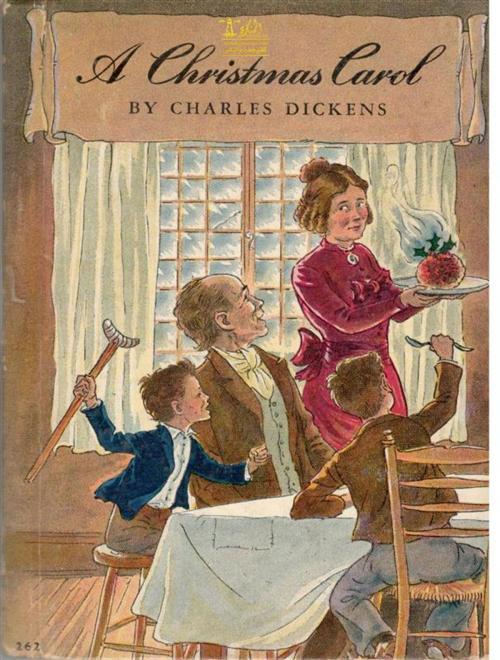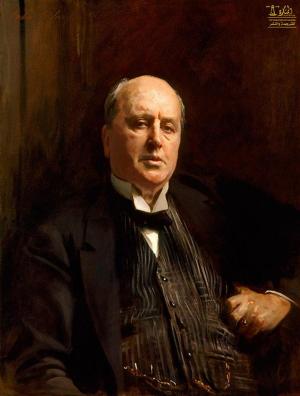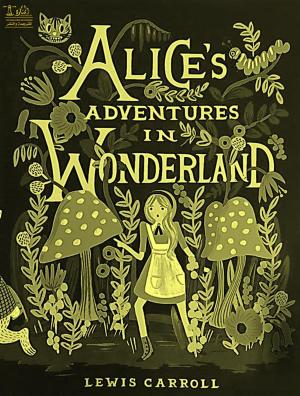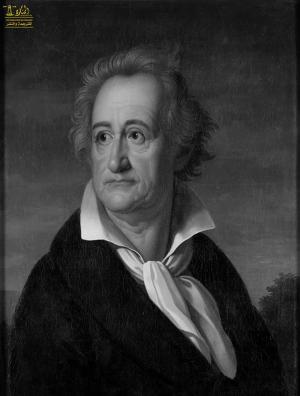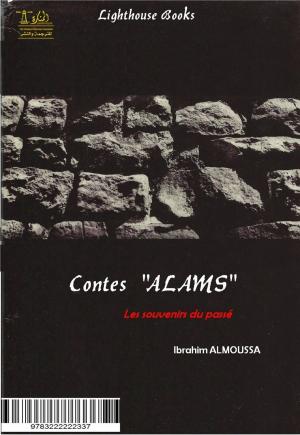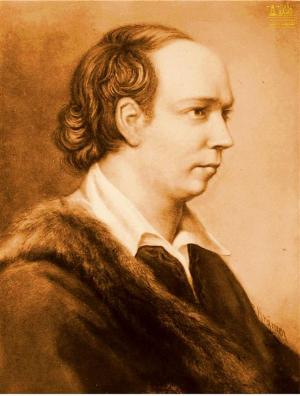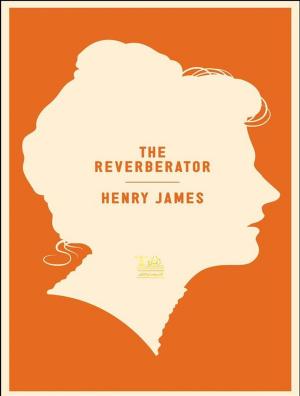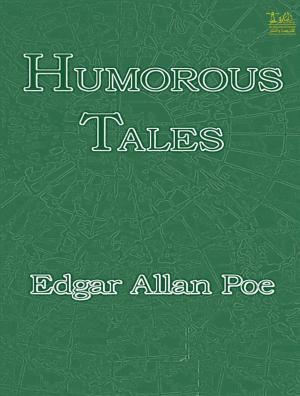A Christmas Carol in Prose
Nonfiction, Entertainment, Drama, Anthologies, Fiction & Literature, Literary Theory & Criticism| Author: | Charles Dickens | ISBN: | 9780599315808 |
| Publisher: | Lighthouse Books for Translation and Publishing | Publication: | August 22, 2019 |
| Imprint: | Language: | English |
| Author: | Charles Dickens |
| ISBN: | 9780599315808 |
| Publisher: | Lighthouse Books for Translation and Publishing |
| Publication: | August 22, 2019 |
| Imprint: | |
| Language: | English |
A Christmas Carol. In Prose. Being a Ghost Story of Christmas, commonly known as A Christmas Carol, is a novella by Charles Dickens, first published in London by Chapman & Hall in 1843 and illustrated by John Leech.
Charles Dickens was born on February 7, 1812 in Landport, Portsmouth, England. His father, John Dickens, was a clerk in the Navy Pay Office at Portsmouth, and his wife Elizabeth Dickens (née Barrow, 1789–1863) was a housewife. In 1814, John Dickens was transferred to London, and in 1817, the whole family moved to Chatham, near the naval docks. When he was ten, the family relocated to 16 Bayham Street, Camden Town in London.
Dickens's life during the next five years was stable and happy; he was tutored by his mother and later went to school in Chatham. His father had a small collection of books, and Dickens read them avidly. He spent his time outdoors, reading voraciously with a particular fondness for the picaresque novels of Tobias Smollett and Henry Fielding. He talked later in life of his extremely poignant memories of childhood and his continuing photographic memory of people and events that helped bring his fiction to life. His family was moderately wealthy, and he received some education at the private William Giles' school in Chatham. However, this time of prosperity came to an abrupt end. In 1822, Dickens's father was transferred back to London, but he had gotten himself deeply in debt after spending too much money entertaining and retaining his social position, was imprisoned at Marshalsea debtors' prison, or workhouse, along with his wife and Dickens's siblings.
As the second of eight children from now on in a very poor family, Dickens lived a difficult childhood. Dickens, who at twelve was considered old enough to work, had to quit school and began working 10 hour days in a boot-blacking factory, a place where shoe polish is made, located near the present Charing Cross railway station. He earned six shillings a week pasting labels on the jars of thick polish. This money paid for his lodging in Camden Town and helped support his family.
Dickens lived on his own and continued to work at the factory for several months. The horrific conditions in the factory haunted him for the rest of his life, as did the experience of temporary orphanhood. Apparently, Dickens never forgot the day when a more senior boy in the warehouse took it upon himself to instruct Dickens in how to do his work more efficiently. For Dickens, that instruction may have represented the first step toward his full integration into the misery and tedium of working-class life. The more senior boy’s name was Bob Fagin. Dickens’s residual resentment of him reached a fevered pitch in the characterization of the villain Fagin in Oliver Twist. Alone in a strange city, separated from his family, he endured harrowing experiences that marked him with a hatred for the social system and the desire to succeed so that he would never have to live this way again.
A Christmas Carol. In Prose. Being a Ghost Story of Christmas, commonly known as A Christmas Carol, is a novella by Charles Dickens, first published in London by Chapman & Hall in 1843 and illustrated by John Leech.
Charles Dickens was born on February 7, 1812 in Landport, Portsmouth, England. His father, John Dickens, was a clerk in the Navy Pay Office at Portsmouth, and his wife Elizabeth Dickens (née Barrow, 1789–1863) was a housewife. In 1814, John Dickens was transferred to London, and in 1817, the whole family moved to Chatham, near the naval docks. When he was ten, the family relocated to 16 Bayham Street, Camden Town in London.
Dickens's life during the next five years was stable and happy; he was tutored by his mother and later went to school in Chatham. His father had a small collection of books, and Dickens read them avidly. He spent his time outdoors, reading voraciously with a particular fondness for the picaresque novels of Tobias Smollett and Henry Fielding. He talked later in life of his extremely poignant memories of childhood and his continuing photographic memory of people and events that helped bring his fiction to life. His family was moderately wealthy, and he received some education at the private William Giles' school in Chatham. However, this time of prosperity came to an abrupt end. In 1822, Dickens's father was transferred back to London, but he had gotten himself deeply in debt after spending too much money entertaining and retaining his social position, was imprisoned at Marshalsea debtors' prison, or workhouse, along with his wife and Dickens's siblings.
As the second of eight children from now on in a very poor family, Dickens lived a difficult childhood. Dickens, who at twelve was considered old enough to work, had to quit school and began working 10 hour days in a boot-blacking factory, a place where shoe polish is made, located near the present Charing Cross railway station. He earned six shillings a week pasting labels on the jars of thick polish. This money paid for his lodging in Camden Town and helped support his family.
Dickens lived on his own and continued to work at the factory for several months. The horrific conditions in the factory haunted him for the rest of his life, as did the experience of temporary orphanhood. Apparently, Dickens never forgot the day when a more senior boy in the warehouse took it upon himself to instruct Dickens in how to do his work more efficiently. For Dickens, that instruction may have represented the first step toward his full integration into the misery and tedium of working-class life. The more senior boy’s name was Bob Fagin. Dickens’s residual resentment of him reached a fevered pitch in the characterization of the villain Fagin in Oliver Twist. Alone in a strange city, separated from his family, he endured harrowing experiences that marked him with a hatred for the social system and the desire to succeed so that he would never have to live this way again.
